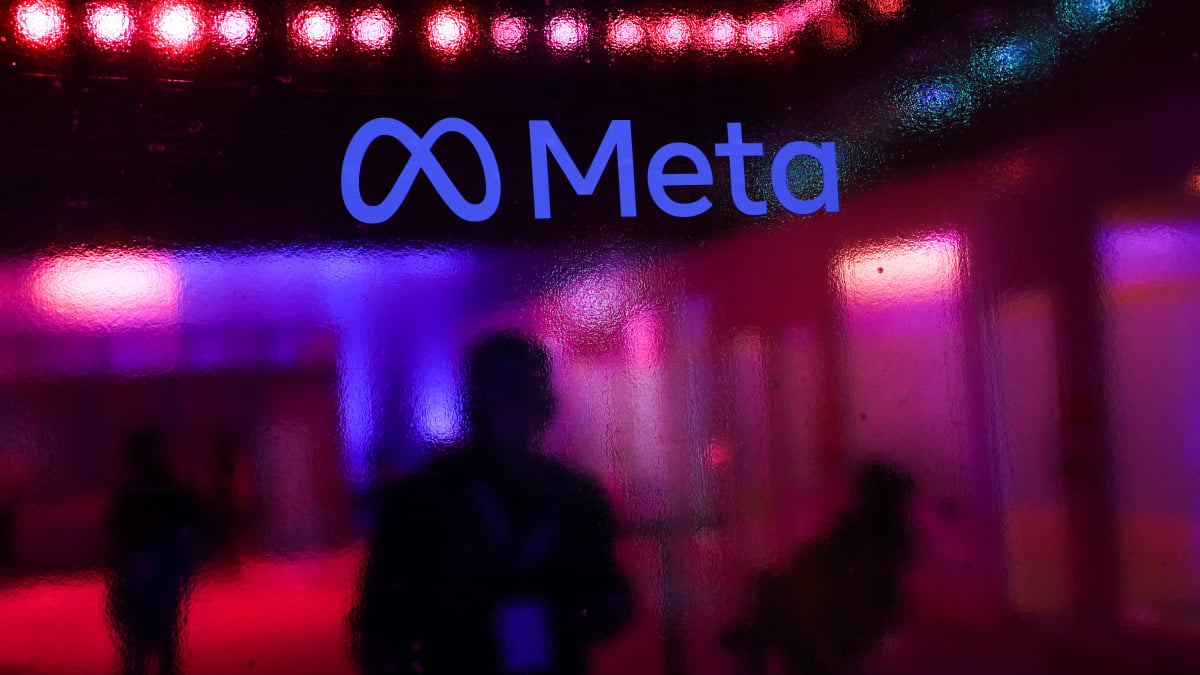Meta’s shares tumbled after company boss Mark Zuckerberg said the quiet bit out loud: it will take a while before AI bets start paying back the huge financial investments it is making.
At first glance, results for the first calendar quarter of 2024 looked promising. Revenue was up 27 percent year-on-year to $36.5 billion, operating profit almost doubled, climbing 91 percent to $13.8 billion, and operating margin jumped from 25 percent to 38 percent.
Analysts would also normally have looked kindly upon the 10 percent drop in headcount, down to 69,329 by March 31, 2024.
However, an otherwise rosy set of results was blighted first by the admission that Meta expects losses from its VR division, Reality Labs, to continue increasing – the operating loss was $3.8 billion for Q1 – and capital expenditure for 2024 is to increase from between $30-$37 billion to $35-$40 billion “as we continue to accelerate our infrastructure investments to support our artificial intelligence (AI) roadmap.”
Meta didn’t provide forecasts beyond 2024 but said, “We expect capital expenditures will continue to increase next year as we invest aggressively to support our ambitious AI research and product development efforts.”
The second big knock for investors came during a call with analysts [PDF], Zuck forecast a multi-year investment cycle would be needed before Meta’s AI businesses become the “profitable services” he expects.
It was not what analysts wanted to hear, and the company’s stock was pummeled in after-hours trading. Having closed at $493.50, it stood at $424.56 at the time of writing, a fall of more than 14 percent.
Other companies in the tech sector have bet big on AI, and the hype around the technology has become relentless. Microsoft, for example, has poured billions into OpenAI and crowbarred the technology into many of its products, and is trying to convince customers of the value.
As such, seeing Meta take a beating after giving an honest assessment of where it is with AI – it’s going okay, but it’ll take more money and more time before it starts making a substantial contribution to the bottom line – could start alarm bells ringing on Wall Street and beyond.
That said, Meta does have a particular set of problems. The CEO pointed out that it usually takes a while for the company to monetize a new product, which is fair enough until considering the ongoing losses from Meta’s Reality Labs division, which is responsible for the Quest VR headset line.
The Metaverse gamble has yet to pay off. The drop in value after the results could be an early sign that investors are unwilling to wait too long for AI revenues to come close to promises.
Microsoft and Google file their latest quarterly financials tonight, and Amazon reports numbers on April 30. ®










